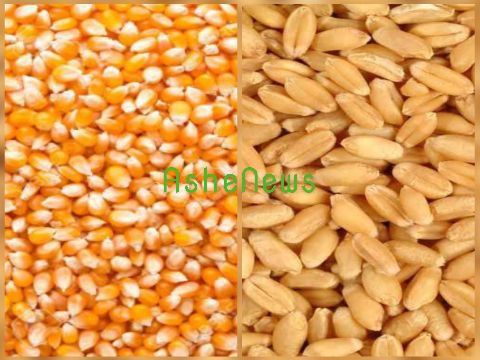Global agricultural commodity prices maize and wheat hit their highest level ever last month, and the trend has continued in recent weeks.
“In March, the FAO Food Price Index averaged 159.3 points, up 12.6% from February, when it had already hit its highest level since 1990,” the FAO cautioned. Prices of commodities such as vegetable oil, grains, meat, sugar, and dairy goods, according to the Rome-based UN organization, drove the increase.
The impact of the Russia-Ukraine conflict on maize and wheat prices
According to the most recent data, international wheat and corn prices both increased by about 20% between February and March, setting new highs, as did sorghum and barley prices.
From February to March, the FAO Cereal Price Index increased by 17.1%, owing to considerable rises in wheat prices. According to FAO estimates, the two countries together accounted for nearly 30% of global wheat exports and 20% of global maize exports in the past three years, a condition that is directly tied to the Russia-Ukraine conflict. The war also hampered sowing in Ukraine, forcing Russia to drastically curtail its wheat shipments, potentially worsening supply constraints for the rest of the year.
Togo is practically self-sufficient in maize, the country’s most eaten cereal, but not in rice, which it imports primarily from Asia, or wheat, which it buys primarily from Russia.
Indeed, Russia has been Togo’s leading wheat supplier for the past three years, supplying 61 percent of the West African country’s wheat imports. Togo purchased about $12 million worth of wheat and meslin from Russia in 2020.
Togo has been dealing with inflation since the end of 2021, defined by an increase in the price of petroleum products and other imported items, in addition to receiving less wheat from Russia.
Togo has started an agricultural effort.
In this context, the government launched a slew of policies targeted at making Togolese citizens more inflation-resistant. The authorities are already putting in place regulations to prevent speculation on the entry of items like wheat.
The month of March marks the start of the planting season in Togo, as well as the start of the short rainy season. The government has announced that it will continue to subsidize fertilizers for the upcoming agricultural season in order to make things simpler for farmers.
Africanharvesters.com


